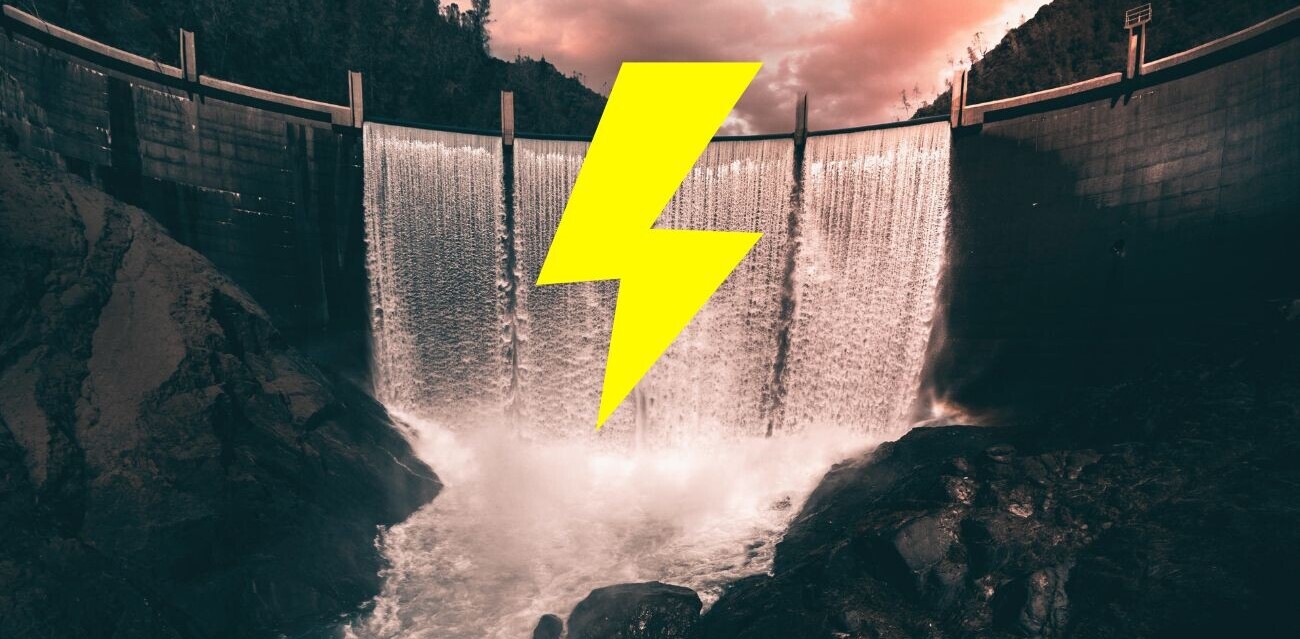Our online privacy faces growing threats. Governments around the world are calling for encryption backdoors that would enable access to personal information.
They argue that encryption protects criminals. But it also protects activists, dissidents, persecuted groups, and ordinary citizens.
Edward Snowden is among the most prominent beneficiaries. The whistleblower’s first messages to journalists were made with encryption. They resulted in revelations that millions of Americans had been under illegal mass surveillance.
“If you weaken encryption, people will die,” said Snowden in a statement. “This year alone, after the fall of the government of Afghanistan, we saw how crucial encryption is in keeping ordinary people safe.”
Snowden has joined the Global Encryption Coalition to launch a campaign to protect encryption. The group of civil society organizations and tech firms warns that undermining encryption will leave people more vulnerable to crime and surveillance.
“I have seen first-hand how governments can abuse the power they have to access the personal data of innocent people in the name of national security,” said Snowden. “Weakening encryption would be a colossal mistake that could put thousands of lives at risk.”
End-to-end encryption would make it harder to implement spy programs like the one Snowden exposed — which may be one reason why governments want to circumvent it. It would not be the first time that lawmakers have undermined our privacy in the name of fighting terrorism.
Politicians assert — with justification — that criminal gangs and paedophiles use encryption. But so do racial justice protestors to avoid police surveillance, LBTQ+ people in countries where their sexual orientation is criminalized, and even some of the politicians who have called for Snowden to be put in jail.
Reporters also rely on encryption to protect their sources.
“Now more than ever, journalists are facing digital threats to their work and safety,” said Lisa Dittmer, advocacy officer for Internet Freedom, Reporters Without Borders. “Encryption plays a critical role in protecting journalists and their sources, enabling them to share information even in the most dangerous environments.”
Yet as the need for encryption grows, so do the efforts to weaken it. Governments from India to Australia are calling for tech companies to build backdoors into their end-to-end encrypted systems. In the UK, new regulation could make service providers criminally liable for the acts of users if law enforcement can’t access their encrypted data.
Their proposals, however, could actually make people more vulnerable. Any encryption backdoor may be a target for criminals. The information they access could threaten both national security and individual privacy.
“Encryption makes us all safer,” said Snowden. “From families protecting photographs of their kids, to personal healthcare information, encryption keeps our private information private.”
We all have private conversations that we don’t want overhead. Encryption backdoors would give malicious actors another way to access them.
Get the TNW newsletter
Get the most important tech news in your inbox each week.





